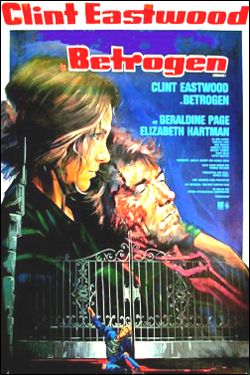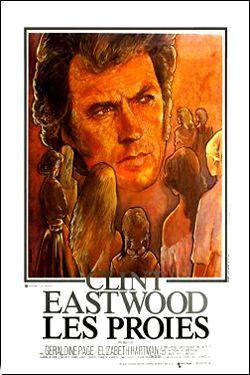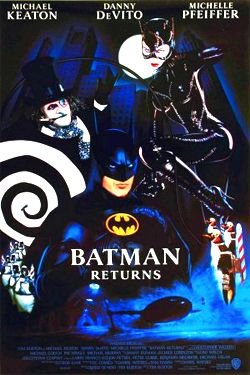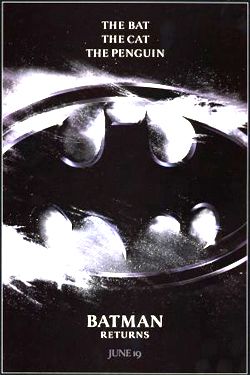Year of release
2013
Directed by
Steven Soderbergh
Written by
Richard LaGravenese
Scott Thorson
Starring
Michael Douglas
Matt Damon
Dan Aykroyd
Rob Lowe
Scott Bakula
Debbie Reynolds
Behind the Candelabra
Plot - Based on Scott Thorson's autobiography the film details the relationship that develops between Thorson (Damon) and the flamboyant pianist Liberace (Douglas). Swaddled in wealth and excess, Scott and Liberace have a long affair, one that eventually Scott begins to find suffocating. Kept away from the outside world by the flashily effeminate yet deeply closeted Liberace, and submitting to extreme makeovers and even plastic surgery at the behest of his lover, Scott eventually rebels. When Liberace finds himself a new lover, Scott is tossed on the street. He then seeks legal redress for what he feels he has lost. But throughout, the bond between the young man and the star never completely tears.
Last month Behind the Candelabra was the toast of the Creative Emmys, taking home a total of 8 awards. And I'm not at all surprised. With the Creative Emmys focusing mainly on the more technical and behind the scenes elements that go into creating work on television it's easy to see why they were so taken with this film. Visually it truly is absolutely stunning to look at. With Liberace's warbrobe as their blueprint I imagine that the costume department had the absolute highpoint of their career attempting to recreate his iconic style and do it justice. And do it justice they do! The outfits that are draped over Douglas are fabulous; a luscious concoction of sequins, diamonds and furs. A while back when I reviewed Moulin Rouge I dubbed Baz Luhrmann the 'master of sequin porn.' Well following this film Steven Soderbergh may have a decent claim to that throne. In addition to the wardrobe department, also rewarded at the Emmys and very deservedly so was the film's art direction. It is just glorious, particularly in the case of the lavish set design that aims to recreate the astonishing furnishings that Liberace surrounded himself with across his three homes. Adorned in what Liberace describes as 'palatial kitsch' it is a dizzying collection of gaudy furniture, glittering décor, candelabra themed trinkets and a series of ego-stroking self-portraits. There have been very few sets that I wish I could visit in real-life more than Liberace's homes in this film; they are just bursting at the seams with so many delightful touches and hidden details.
And while the sets do succeed greatly in terms of being visually interesting, that is not their only purpose. As well as helping to build Liberace's character they also play an important part in a later aspect of the film. The longer their relationship continues the more possessive Liberace becomes of Scott, seeming to treat him more like a possession than a lover. Liberace's homes, so jam-packed with clutter, act as a representative of the suffocating nature that Scott begins to feel in the relationship. Another extremely impressive element is the make-up that is on show. It particularly stands out when it comes to depicting the after effects of the plastic surgery that plays a large part in the film, turning Damon and Douglas into creatures resembling living waxworks. Especially noteworthy is the job done on Rob Lowe's plastic surgeon. His face is so pulled back that it seems certain that at any moment its going to snap, turning his face inside out.
With all that glitz and glamour on show in the technical departments you might expect Behind the Candelabra to fall into the trap of being more style than substance. That is certainly not the case however. As well as being a portrait of a unique romance (which I'll get to later) the film is also a real examination of celebrity. To start with you have the notion of celebrity worship. When Scott first sees Liberace up on stage, displaying his immense talent and adorned with an outfit the likes of which Scott has never seen before, he is utterly transfixed. When he meets the man it's like he's in a trance, and when he attempts to converse with him he is constantly stammering and stumbling over his words. In his eyes, and in the eyes of many, celebrities are not like the rest of us. They are on another, somehow unattainable level to us for many people. The way that Damon's eyes sparkle when he first sees him is incredible. Through Liberace's outlandish actions we are also presented with an example of the preposterous nature and the vanity so often associated with celebrities. Not only does Liberace go to ridiculous lengths with plastic surgery to keep himself looking young, but he insists upon it for Scott as well. More than that though he wants his plastic surgeon (the scene-stealing Rob Lowe) to make Scott look like a young Liberace!  Talk about your ego trips. Essentially he wants to have sex with someone who looks exactly like himself. In addition to the aforementioned absurd homes that he keeps, this certainly marks him out as quite a unique individual.
Talk about your ego trips. Essentially he wants to have sex with someone who looks exactly like himself. In addition to the aforementioned absurd homes that he keeps, this certainly marks him out as quite a unique individual.
Film Trivia Snippets - One of the most impressive aspects of the film is the realisation of Liberace's Las Vegas mansion. While the interior design is down to the incredible art design the mansion itself that they filmed in is the Los Angeles home of Zsa Zsa Gabor. /// In Scott Thorson's book “Behind the Candelabra” he noted that “In celebrity-saturated Palm Springs only two stars...took the trouble to pay their last respects" at Liberace's memorial service. One was the actress Charlene Tilton, and coincidentally the other was Kirk Douglas, father to Michael Douglas (who in case you haven't been paying attention plays Liberace in this film!  ) /// The film had actually been in development for quite a few years before finally going into procution. It originally went into development in the early 2000s with Philip Kaufman set to direct and Robin Williams attached to take on the role of Liberace. /// In the film Liberace's mother, Francis, is played by Debbie Reynolds. Reynolds actually had first hand knowledge of the story and its characters because she had been a very close friend of Liberace and actually knew both Scott Throson and Francis Liberace. She was said to be thrilled to take on the role as she was very familiar with Francis' peculiar dialect.
) /// The film had actually been in development for quite a few years before finally going into procution. It originally went into development in the early 2000s with Philip Kaufman set to direct and Robin Williams attached to take on the role of Liberace. /// In the film Liberace's mother, Francis, is played by Debbie Reynolds. Reynolds actually had first hand knowledge of the story and its characters because she had been a very close friend of Liberace and actually knew both Scott Throson and Francis Liberace. She was said to be thrilled to take on the role as she was very familiar with Francis' peculiar dialect.
Through a combination of Liberace's flamboyant nature, and the numerous trailers and clips advertising the film which routinely focused on Rob Lowe's plastic surgeon being asked to make Matt Damon's character look like Liberace, I was expecting a much more fun and breezy experience that had a greater comedy quotient. With the film not being a full-on biopic however, instead focusing on the brief period in Liberace's life outlined in Scott Thorson's autobiography, what we essentially get is a relationship drama. And occasionally quite a dark one at that. It's such an intimate and personal insight into their relationship that it is actually quite uncomfortable to watch at times. You feel like you're intruding on something very personal and that should back out of the room. The film charts the highs and lows of the relationship, from the couple being gloriously happy to it getting quite nasty and confrontational. It actually reminded me of several stand-up comedians who have done bits on gay marriage and how they hope it happens because what they are really looking forward to is gay divorce and how bitchy that is going to be. I have yet to see Who's Afraid of Virginia Woolf? but from what I know of it I don't imagine that this would be a million miles away from acting like the gay equivalent of that story. It's a story of two individuals who did, and in some ways still do love each other at film's end, but who have completely poisoned each other and in turn destroyed their relationship. It turns into a real game of love and hate, complete with gloriously catty dialogue and more bitchy glances than you're likely to have ever seen on screen before. While I think it would be an exaggeration to say that after a while you forget that the romance you're watching is between two men, I don't think that the relationship we are presented with is overtly homosexual. It doesn't ever really feel like you are watching the facets of a predominantly gay relationship, so much as just a relationship pure and simple. There is also quite a disturbing element to their relationship, beyond even the strange implications brought around by Scott's bizarre plastic surgery. Both men consider their relationship at least in part be that of a father and son, with plans made for Liberace to actually adopt Scott, creating a creepily incestuous dynamic.
There are two elements which really make this film. The first as I've already discussed is its superlative production design. The other can be found in the performances of its two fine leading men. Michael Douglas has made a career of playing very tough, macho characters. By taking this role on however he made the ballsy move to completely eschew that image, instead immersing himself in the role of the highly camp, flamboyant showman that Liberace was. Liberace is a very interesting character and as such breeds a very interesting performance from Douglas. While at times the character is undoubtedly entertaining in a charismatic, larger-than-life fashion there are also many other sides to his character which are rather unsavoury. Throughout the brief spell of his life that the film covers we see that when it comes to relationships his life really is a revolving door of young men; when his current beau becomes too old or he simply becomes bored of them a new man finds their way into his home with a disturbing fine line between romance and employment present. There really is quite a reptilian and predatorial aspect to his character while we also see his very dominating and suffocating treatment of Scott. So I think it would be very easy to be disgusted by the character except that Douglas plays the character with a real sensitivity which makes him strangely sympathetic. While I had almost zero exposure to the real Liberace before this film he also seems to do a great job at capturing the man's mannerisms and voice. As great as Douglas is however, I'm not sure that his is the performance that I most enjoyed here. In a way his job is a touch easier than Damon's because he is gifted with so many colourful characteristics to help build his character - the flamboyant costumes, some delightfully campy dialogue, his larger-than-life personality etc. Damon doesn't have these facets to fall back on however but still delivers a wonderful performance; proving once again why I believe him to be one of the best and most dependable actors currently working today. I think it would have been easy to right his character off as being dim and deserving of everything he gets but Damon imbues the character with a sense of vulnerable naivety, convincing us that he is just completely out of his depth in such a lifestyle.
Film Trivia Snippets - The New York Times reported in May 2013 that Scott Thorson received close to $100,000 for his participation with the movie, and that he spent every penny of it “in about two months, mostly on cars and jewelry.” /// Costume designed Ellen Mirojnick and her team had to reproduce a large number of Liberace's iconic stage outfits for this film. These included a copy of Liberace's 16 foot long white virgin fox fur coat, which though made of synthetic fur was nonetheless studded with $100,000 worth of Austrian crystal just like the real one. The originals were too valuable to alter to fit star Michael Douglas and were used only as set dressing for Liberace's walk-in closet. Many were also extremely heavy due to the large quantities of rhinestones; each original suit weighted upwards of 60 lbs. /// Scott Thorson, played here by the 42-year-old Matt Damon, was in reality a mere 17 years old when he first met Liberace and just 23 when their relationship ended.
Damon and Douglas are also backed-up by a strong supporting cast that includes Dan Aykroyd, Rob Lowe, Scott Bakula and Debbie Reynolds. As a huge Quantum Leap fan I was particularly buoyed by Bakula's involvement. While they all contribute to the film it really is all about the two men at its core. And I think they have to be commended on their bravery for taking on their respective roles. Obviously you have the 'gay element' which however sad it may be does mean that they will be sacrificing popularity and respectability in the eyes of some small minded individuals. Even outside of that however I think it was quite a risky move to star in this film because I think it could very easily have turned out to be quite disastrous. Considering the story and its characters I think the film could have remained funny and very campy, but for negative reasons; I think it could have achieved them unintentionally. Both actors also really put themselves out there in terms of the film's sexuality and revealing nature. Damon and Douglas frequently kiss throughout the film, and it's never hidden by editing or blocking; perhaps a large part of the reason why it was considered 'too gay' for American audiences. While Damon is seen throughout the film in nothing but a skimpy speedo. I have no doubt that Soderbergh's involvement was a large part of what convinced both men to participate. Both characters could very easily have become little more than caricatures but thanks to the great script and the two excellent performances this is not the case.
With its relatively small budget Behind the Candelabra can very occasionally look a little bit cheap and on the TV drama side, but in general Soderbergh's assured direction papers over these issues and there really are very few other flaws to be found here. On just the occasional instance I perhaps felt that some scenes detailing the relationship were unnecessary and could have done with a little trimming. They could maybe have done with some of the plastic surgery that the characters indulge in; a little nip/tuck, some liposuction etc but that's about it on the flawed side of things. For whatever reason however the film just didn't excite me quite as much as I hoped.
I talked earlier on about the aspects of celebrity that the film covers, and there's one more facet to it. And it's actually proves to be quite an ironic, and indeed rather sad little twist that occurs. Throughout the film we see Liberace's constant attempts at hiding his homosexuality for fear of the damage it would do to his career if the truth were to come out. Taking place some 30+ years ago we can understand this and would like to think that it is something that has been consigned to that time. How sadly ironic it is then that all these years later Behind the Candelabra was unable to get a cinema release in America because studios deemed it as being 'too gay.' Between this and the current furore over gay marriage it makes for a sad statement on the ongoing sentiments towards gay people that still exist for many people. Very disheartening.
Conclusion - I feel that I'm being really rather harsh on Behind the Candelabra in respects to the score I've given it as there really is very little I can criticise it for. It's just that I didn't come away enjoying it as much as I expected. Though I do feel that a large part of the reason is that my expectations for the film turned out to be a touch off (created a slight disappointment), and now knowing what the film is I wouldn't be surprised if I was more significantly more taken with it on a repeat viewing. And certainly the film's excellent production design and performances mean that I would have no trouble recommending it as a worthwhile watch to anyone.
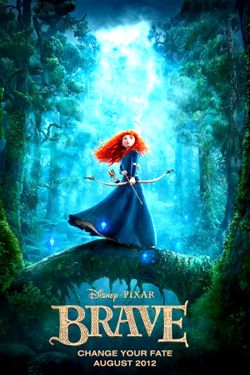
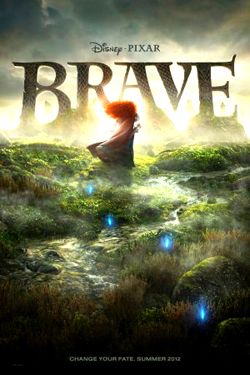

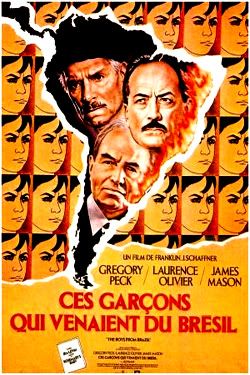
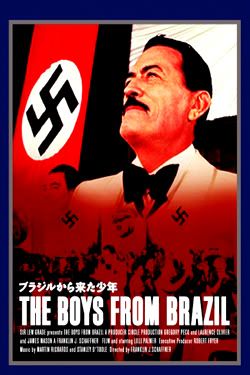

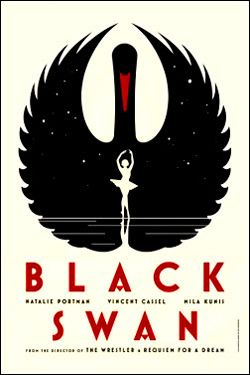
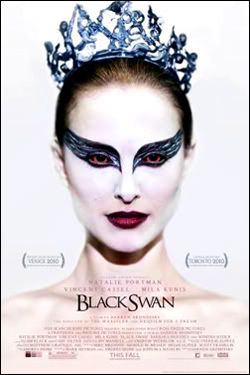

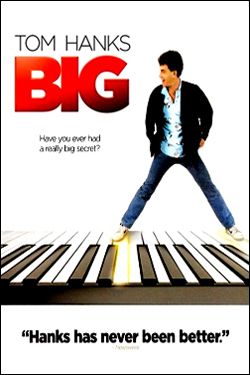
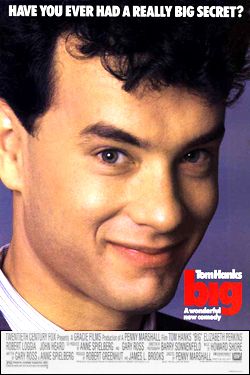

 But they were unwilling to meet his salary demands. Oh and Gary Busey auditioned for the part!
But they were unwilling to meet his salary demands. Oh and Gary Busey auditioned for the part!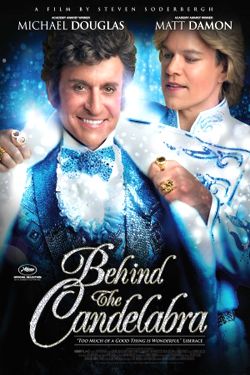
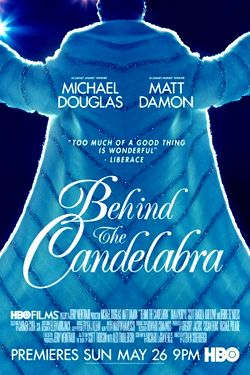
 ) /// The film had actually been in development for quite a few years before finally going into procution. It originally went into development in the early 2000s with Philip Kaufman set to direct and Robin Williams attached to take on the role of Liberace. /// In the film Liberace's mother, Francis, is played by Debbie Reynolds. Reynolds actually had first hand knowledge of the story and its characters because she had been a very close friend of Liberace and actually knew both Scott Throson and Francis Liberace. She was said to be thrilled to take on the role as she was very familiar with Francis' peculiar dialect.
) /// The film had actually been in development for quite a few years before finally going into procution. It originally went into development in the early 2000s with Philip Kaufman set to direct and Robin Williams attached to take on the role of Liberace. /// In the film Liberace's mother, Francis, is played by Debbie Reynolds. Reynolds actually had first hand knowledge of the story and its characters because she had been a very close friend of Liberace and actually knew both Scott Throson and Francis Liberace. She was said to be thrilled to take on the role as she was very familiar with Francis' peculiar dialect.